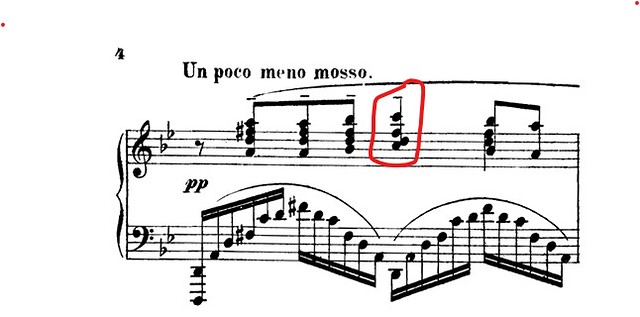I decided a couple of months ago that I had not really achieved anything very much for me personally; don’t get me wrong, I did some amazing stuff professionally, but personally, I was not feeling super great about myself. So, I started looking at things I had wanted to achieve when I was about 12 years old (a long time ago now) and whether they were truly gone, or whether there was still a chance. The figure skating gold medal is a non runner.
The children’s book, could yet happen.
And then there were the piano exams.
I stopped at Grade 5 at a time when Grade 8 was the ultimate pinnacle of piano playing. I’d done the exams with the Royal Irish Academy of Music local centre set up and it’s fair to say, I didn’t totally enjoy the experience. I still have some of the repertoire books at home, possibly grades 3, 4 and 5. Fur Elise turned up for one of them which was a relief, and Sonata in C major, K545 Mozart. But I was traumatised by pieces by Bartok and Kabelevsky at times. The Kabelevsky, I have totally blocked out of my mind and I found the Bartok on YouTube once. To be frank, I didn’t find the repertoire engaged me very much although my mother liked a little Sonatina in G written by someone whose name I can’t remember. The point is, the repertoire offered to children needs to keep them engaged with the repertoire. On this, the RIAM’s exam options in the 1980s failed with me. This is a pity.
But now I’m fifty and I want to see if things have changed. Also, I am on r/piano on Reddit and they don’t talk about RIAM much, and anyway googling it failed to give me access to the current grade repertoires. I got to five so I would have been interested in 6. I found something called the RCM which had huge lists as options for each grade, and I got very excited until I realised they are based in Canada. So I looked for the UK based academies and landed on ABRSM, the Associated Boards of the Royal Schools of Music. Interestingly, they had more or less just introduced performance diplomas which you record and upload to their exam site, and they had interesting repertoire. You did three pieces from assigned repertoire and chose a fourth yourself. In this way you could avoid the less attractive sight reading and aural tests. So I got planning.
If I wanted to do the diplomas, I had to pass Grade 8, and if I wanted to do Grade 8, I needed to pass Grade 5 Of Some Description. It’s possible that the Grade 5 I passed about 35 years ago with RIAM might be adequate but that involved some soul searching and archive searching on my part. I decided that it probably wouldn’t be a bad idea to do the Grade 5 theory and went about checking how far behind that I was. Around a grade, it turned out. And then I found music on the Grade 6 list that I either had lined up to learn anyway, I figured I was a bit shy of Grade 8 for a while anyway so it would be no bad thing to do Grade 6 and then review whether to go straight to Grade 8 or give Grade 7 a shot. Or, even, abandon the whole shooting gallery. So I’ve been studying Grade 5 theory; I’m confident of passing it now but naturally, my ambitions have increased and now I want an distinction. I also know what my two main weaknesses are. So I’ll write a piece on preparing that separately.
For Grade 6, I’ve chosen the following pieces:
- Invention no 6 by Bach
- Venetian Gondola Song no 6 19b by Mendelssohn
- Indigo Moon by Elissa Milne
- Feuilles d’automne, no 3 by Vladimir Rebikov.
The first three come from the syllabus lists for Grade 6 which you will find here, and the Rebikov is the self chosen piece because I realised that Reverie by Debussy was probably more suitable for the Grade 8 exam. One of the objectives here is to span a reasonable amount of time in musical history and I think I achieved that.
So at the moment, I’m focusing on the Grade 5 theory for most of my effort with almost daily practice littered across the four performance pieces. The Mendelssohn has cropped in a monthly playing challenge so I will probably prioritise that for the month of June and see if I can finish that at least. I like it a lot, and then I’ve made a lot of progress on the Milne. Less happy, but also, less time devoted to it are the Bach and Rebikov. I hope to record the exam session for that in February 2024. After that, the current plan, pending time and organisation, are
- Grade 8 (partially planned)
- ARSM (partially planned)
- LRSM (repertoire planned)
- FRSM (repertoire planned)
We will see how it goes, I guess.

